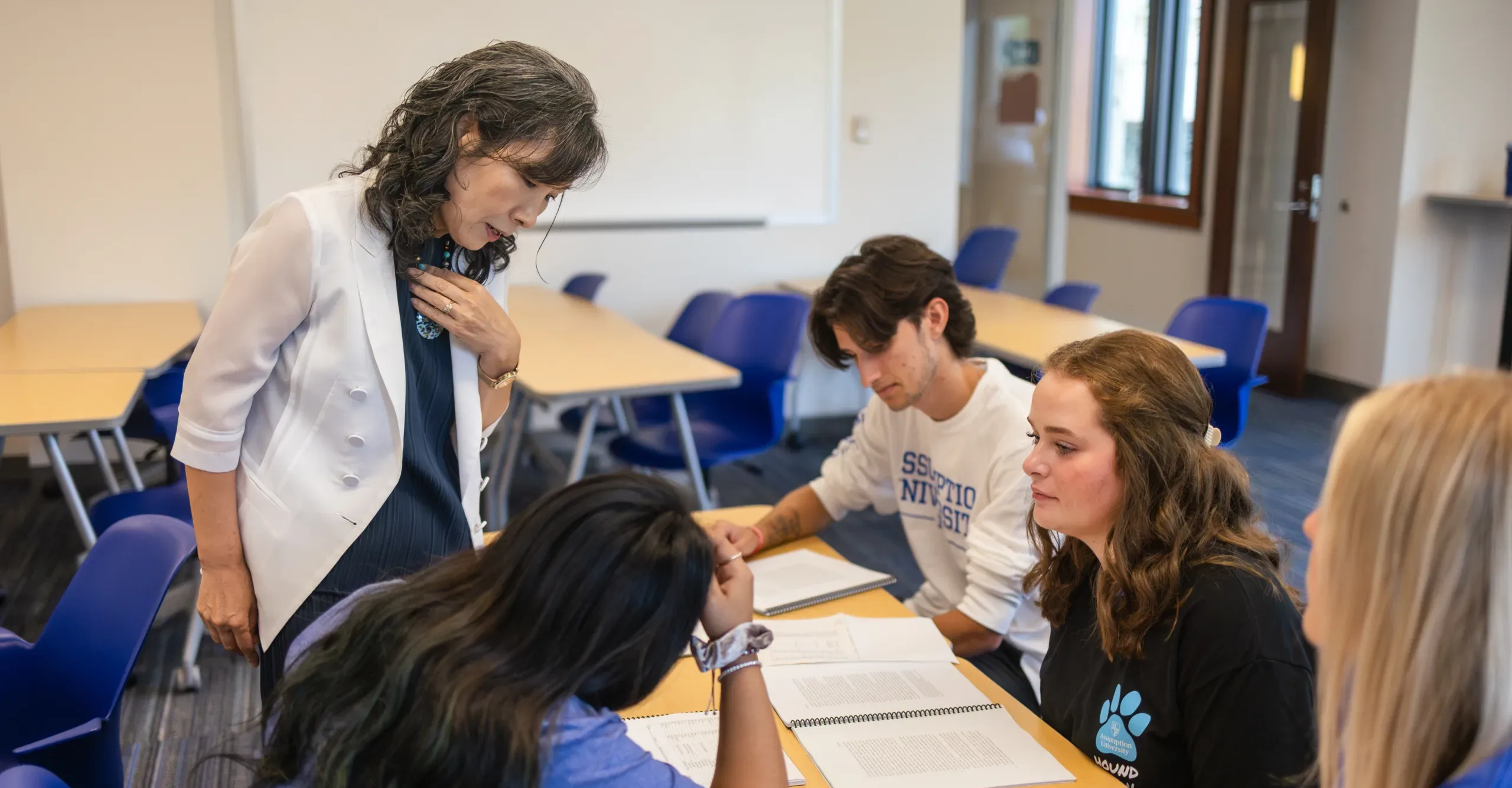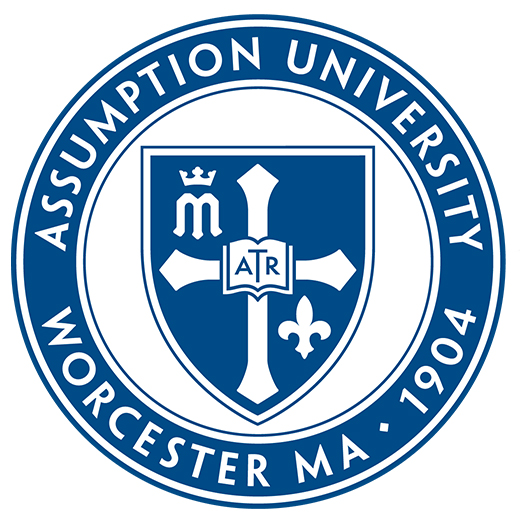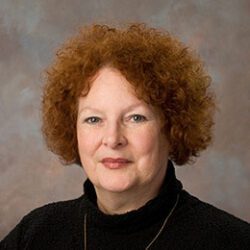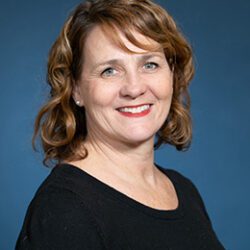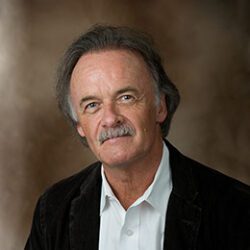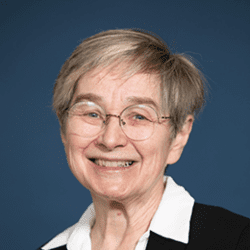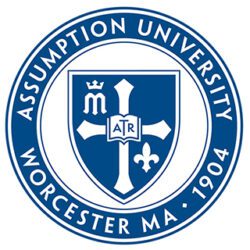Why Study Communication and Media at Assumption?
As a major in Communication and Media, you will learn to analyze various forms of multimedia such as television, radio, websites, and film productions as constructed texts while developing your voice as a writer and your skills in this field.
Workshops in journalism, fiction, poetry, and/or autobiography will hone your critical and creative writing skills. At the same time, production courses will give you the chance to learn how to create your own podcasts or radio or TV shows. Participating in an internship (or two) will provide you with experience in the field and the opportunity to work alongside professionals. Taking courses in communication theory will give you the key terms, concepts, and skills that professionals use. All of these learning experiences will be capped in your final year as you collaborate with your classmates to produce a project to present before a live audience—and put on your resume.
Assumption also offers a program in Organizational Communication through the Grenon School of Business.
Faculty
Experiential Learning
Assumption's Rome Campus
At Assumption's campus in Rome, Italy, the city and the country become your classroom through daily and weekend-long excursions throughout "the eternal city" and the Italian countryside. This unique study abroad experience will enrich your academic and cultural pursuits as you walk in the footsteps of emperors and gladiators then enjoy delectable Italian cuisine or perhaps a cappuccino after class in a local cafe. (Did you know that your financial aid follows you to Rome?)
Explore the Rome CampusLearn the Skills Employers Seek
Faculty/Student Research
The Assumption curriculum encourages scholarly and real-world experience. With hands-on research conducted alongside faculty mentors, students gain a depth of knowledge and skills that lead to professional success and personal fulfillment.Study Abroad
At Assumption University, the world is your classroom. Students can study and explore abroad in over 50 places from Vienna to England, South Africa, and even our own campus in historic, yet modern, Rome, Italy. Assumption’s study abroad program offers culture, history, and a living classroom for all.Internships
Assumption starts planning for your future the day you arrive on campus. Our Career Development and Internship Center helps students secure exciting and fulfilling internships where you’ll apply knowledge obtained in the classroom in a professional setting, preparing for a future career or additional study. Assumption connects students to internship opportunities in corporations, government agencies, research hospitals, non-profit organizations, and more.First-rate Academics in a Catholic University Setting
Assumption University awakens in students a sense of wonder, discovery, and purpose, forming graduates known for their intellectual seriousness, thoughtful citizenship, and devotion to the common good. Students are provided an education that shapes their souls, forms them intellectually, and prepares them for meaningful careers. Enlivened by the harmony of faith and reason, here, students’ minds and hearts are transformed.

